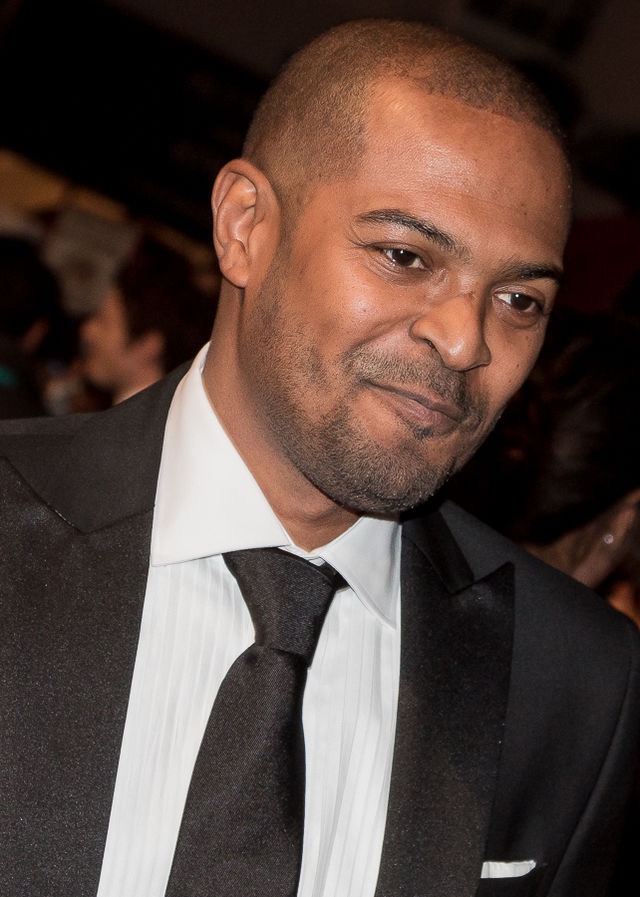Actor Noel Clarke has lost his High Court libel case against the Guardian newspaper, with a judge ruling that allegations of sexual misconduct published by the paper were “substantially true” and in the public interest.
Mrs Justice Steyn dismissed Clarke’s claim on Friday, delivering a crushing blow to the 49-year-old actor who had sought £70 million in damages over what he called an “unlawful conspiracy” to destroy his career.
The Doctor Who and Kidulthood star sued Guardian News and Media (GNM) after the newspaper published a series of articles and a podcast in April 2021 alleging he had used his power in the film and TV industry to prey upon and harass women.
The judgment found the meaning of each of the newspaper’s articles was substantially true,” Mrs Justice Steyn stated in her ruling at the Royal Courts of Justice.
During the six-week trial earlier this year, more than a dozen women testified they had personally experienced misconduct by the actor and director, with allegations including groping, unwanted kissing, and sharing nude photographs without consent.
Clarke, who gave evidence over more than three days, vehemently denied behaving sexually inappropriately with the women and claimed he was the victim of a media “purge” following the MeToo movement.
They have smashed my life for four years with this rubbish, this nonsense. Four years,” Clarke told the court during emotional testimony, adding: “I did not do this, I would not do this. I have got children.”
The Guardian’s editor-in-chief Katharine Viner welcomed the decision, describing it as “a deserved victory for those women who suffered” and a landmark moment for investigative journalism.
“Going to court is difficult and stressful, yet more than 20 women agreed to testify in the High Court, refusing to be bullied or intimidated,” Viner said in a statement.
Gavin Millar KC, representing the Guardian, had argued during the trial that Clarke “used his power to prey on and harass female colleagues” over a period of 15 years.
This was a careful and thorough investigation conducted conscientiously by Guardian journalists who were aware of the potential pitfalls,” Millar told the court.
Clarke’s legal team, led by Philip Williams, had accused the newspaper of “manifestly failing to do its job properly” and claimed Guardian journalists had deleted crucial evidence.
The actor alleged that “a handful of people were plotting and carrying out their scheme from 2019 to bring about Mr Clarke’s downfall, based on vitriolic hatred, professional jealousy, classist snobbery and insidious racialised bias.”
However, Millar dismissed these claims as “nonsensical and rather desperate speculation,” stating there was “not a shred of evidence” to support Clarke’s conspiracy theory.
Mrs Justice Steyn was particularly critical of Clarke’s credibility as a witness, stating: “I have accepted some of Mr Clarke’s evidence… but overall I find that he was not a credible or reliable witness.”
The judge ruled that the Guardian had succeeded in establishing both truth and public interest defences to the libel claim, with the newspaper’s belief that reporting was in the public interest being “undoubtedly reasonable.”
Clarke became famous for playing Mickey Smith during the Christopher Eccleston and David Tennant eras of Doctor Who between 2005 and 2010, later appearing in blockbusters including Star Trek Into Darkness.
As an actor, writer and director, he wielded significant influence in British cinema through his ‘hood trilogy – Kidulthood, Adulthood and Brotherhood – which he wrote, directed and starred in.
His career reached its zenith in 2021 when Bafta announced he would receive its Outstanding British Contribution to Cinema honour, having previously won the Rising Star prize in 2009.
However, when the Guardian published its allegations just weeks later, Bafta immediately suspended both the award and Clarke’s membership, stating it was “grateful that the Guardian was able to provide a platform where the victims were able to identify themselves.”
The trial heard from 26 witnesses who said they were victims of or witnesses to serious misconduct by Clarke, with allegations spanning bullying, harassment and sexually inappropriate behaviour.
Multiple women testified that Clarke had allegedly shared nude photographs of them without consent, groped them, and asked them to look at him when he was exposed.
Clarke had attempted to have the Guardian’s defence struck out before trial, accusing journalists of deleting messages and fabricating evidence in “an attempt to pervert the course of justice.”
This application was rejected by Mrs Justice Steyn in February, who found “there has been no fabrication of evidence” and criticised Clarke’s lawyers for making “unacceptable” allegations without foundation.
Lord Justice Warby subsequently denied Clarke permission to appeal this decision, stating the actor had “no prospect” of showing the judge had made any material errors.
The Guardian’s victory represents a significant moment for press freedom and the MeToo movement in Britain, demonstrating that powerful figures cannot use libel laws to silence legitimate reporting.
Clarke now faces a substantial legal bill, potentially running into millions of pounds, as he will likely be required to pay the bulk of the Guardian’s legal costs in addition to his own.
The judgment sends a clear message that courts will support responsible journalism that exposes alleged misconduct, provided newspapers can demonstrate their reporting is both truthful and serves the public interest.
For the women who came forward with allegations against Clarke, the verdict represents vindication after years of legal proceedings and public scrutiny.
The case highlights the ongoing impact of the MeToo movement in holding powerful entertainment industry figures accountable for their alleged behaviour towards women.
Clarke’s fall from grace has been complete – from Bafta winner to libel loser, his career and reputation lie in tatters following one of the most high-profile defamation defeats in recent British legal history.
Follow for more updates on Britannia Daily
Image Credit (Shortened):
Noel Clarke at the BAFTA Film Awards 2015 – by dalekhelen (via Flickr), licensed under CC BY 2.0, via Wikimedia Commons.



